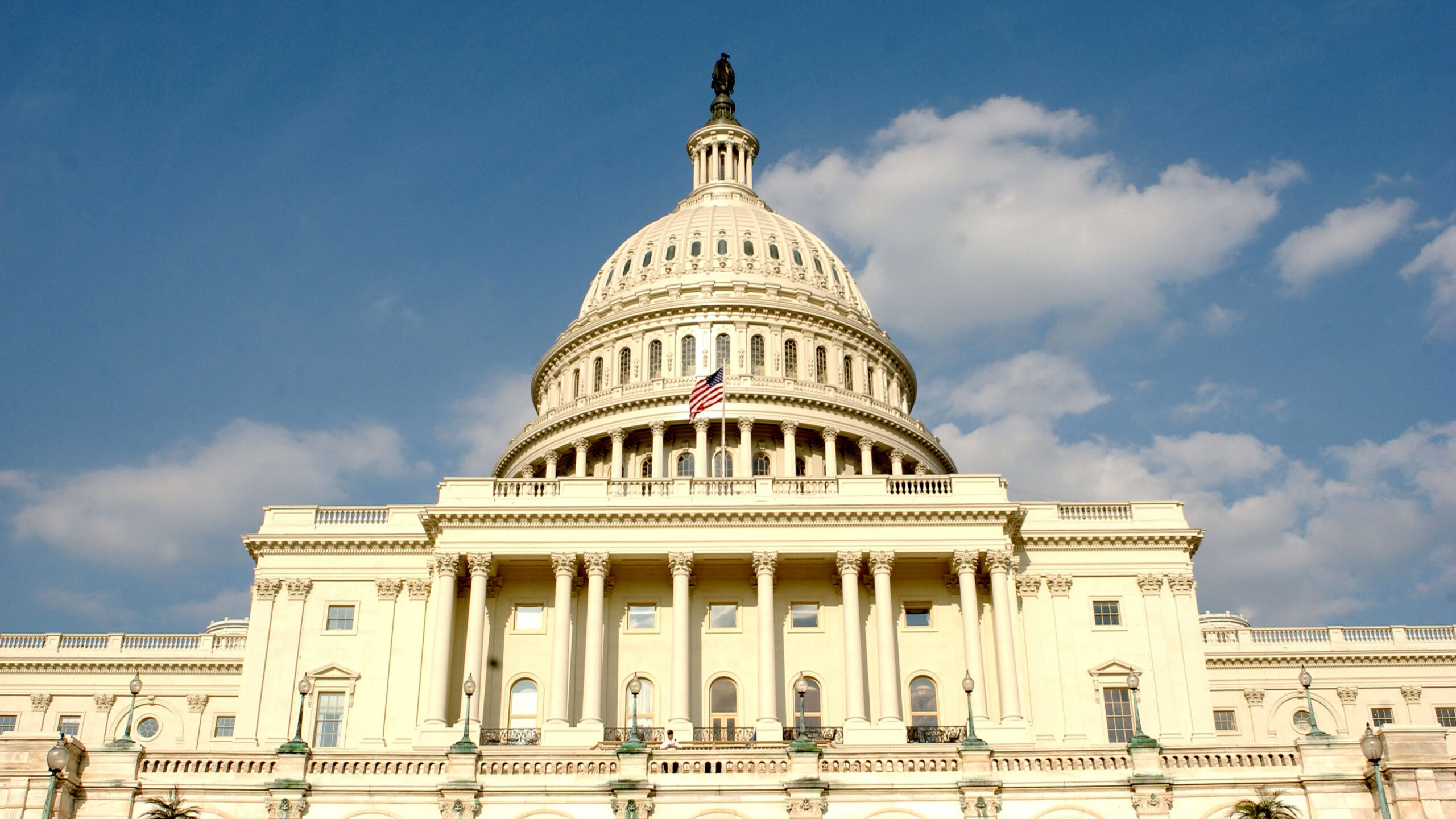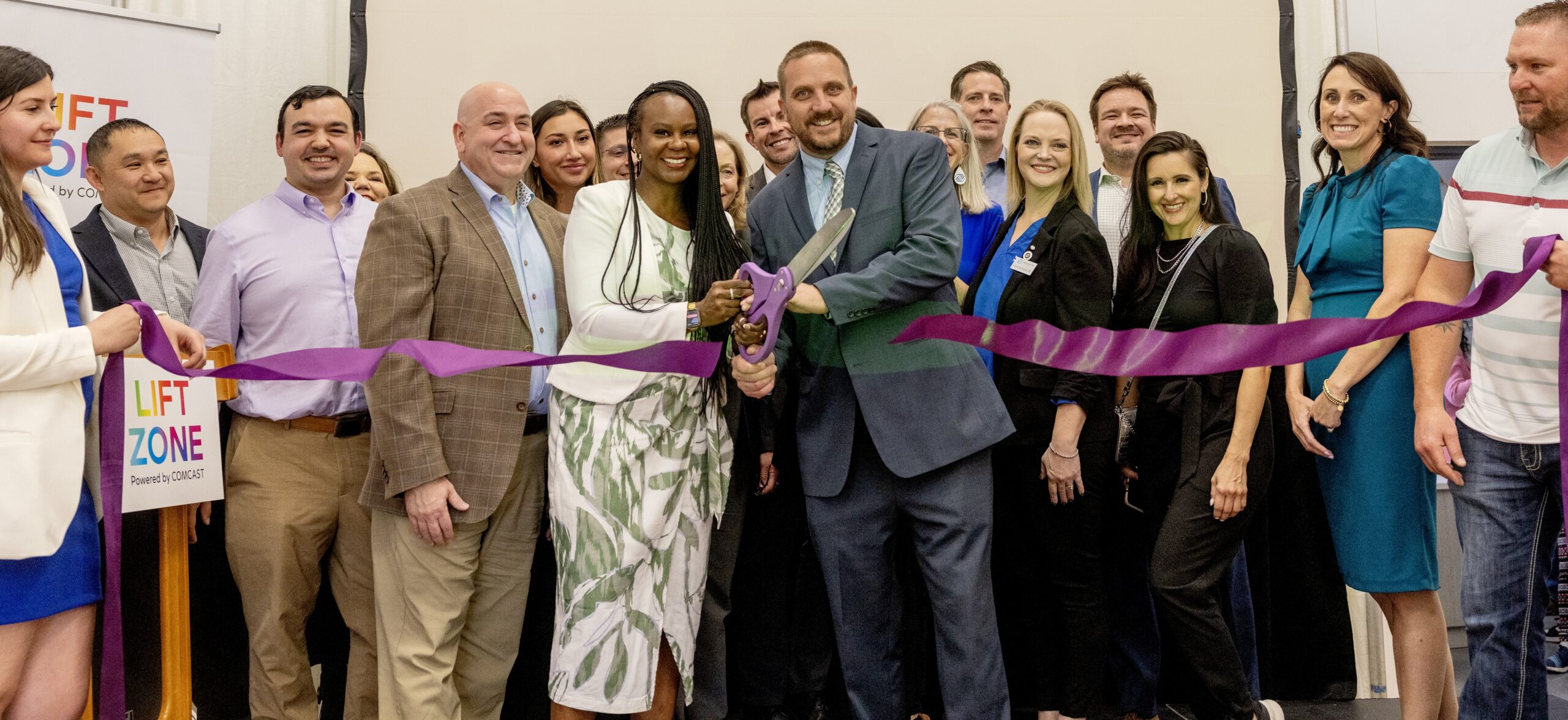Expert says we all have a duty to defend the Bill of Rights
Dec 18, 2023, 3:00 PM | Updated: May 30, 2024, 9:15 am

On Bill of Rights Day (Dec. 15) one expert discusses the importance that dialogue plays to support and strengthen the uniquely American document. (Getty Images)
(Getty Images)
SALT LAKE CITY — According to the Pew Research Center, 62% of American teenagers believe that feeling welcome and safe on the internet is more important than their right to speak freely. But, speaking on Bill of Rights Day last week, one expert said that mindset comes with a trade-off.
Currently, “everyone feels like they’re walking on eggshells” when they express their views, Dr. David Bobb, president and CEO of the Bill of Rights Institute, told KSL NewsRadio. He said it’s important to find a way around the “eggshell” feeling.
It’s important, he said, because it is through discourse that Americans uphold the Bill of Rights.
The Bill of Rights, a primer
The Bill of Rights is comprised of the first ten amendments to the U.S. Constitution.
According to the National Archives, the Bill of Rights “guarantees civil rights and liberties to the individual—like freedom of speech, press, and religion.”
It was ratified on Dec. 15, 1791.
Teens, and talking about potentially divisive subjects
Discussions about issues where opinions are widely divergent may not be easy for teens. The Pew research suggests they feel a choice must be made between speaking a different point of view or retaining their friendships.
If they feel like they’ll lose friends by participating in political conversations, they’re likely to stop.
“The vicious cycle that we’re in right now is that we continue to kind of self-segregate,” said Bobb. He added, “The beauty of the Bill of Rights, the beauty of the Constitution is that it was designed to manage disagreements, not eliminate it.”
Encouraging conversations, providing the tools
Bobb said that encouraging young people to participate in productive discourse can only help the nation. But first, teens need to be given the tools to engage in conversations about controversial topics.
That’s where civics educators often play a role.
“They’re getting up going into classrooms and trying to foster just that atmosphere, to give permission to young people to tackle these tough questions,” Bobb said.
The Bill of Rights Institute has a network of 75,000 teachers engaging their students in discourse.
“We give teachers, the tools, the curricula, the lesson plans, the kind of primary source documents, and then training all across the country,” he said.
Putting education into action
According to Bobb, two things happen when young people are permitted to debate.
First, when they develop the tools necessary for discourse, they are more likely to engage in it.
“Secondly, they want to take that knowledge that they gain and put it into action,” Bobb said. “They want to actually solve some of the problems in their local communities.”
Editor’s note: This story has been edited to correct Dr. David Bobb’s last name, which was previously misspelled as “Bob.”
Related:












